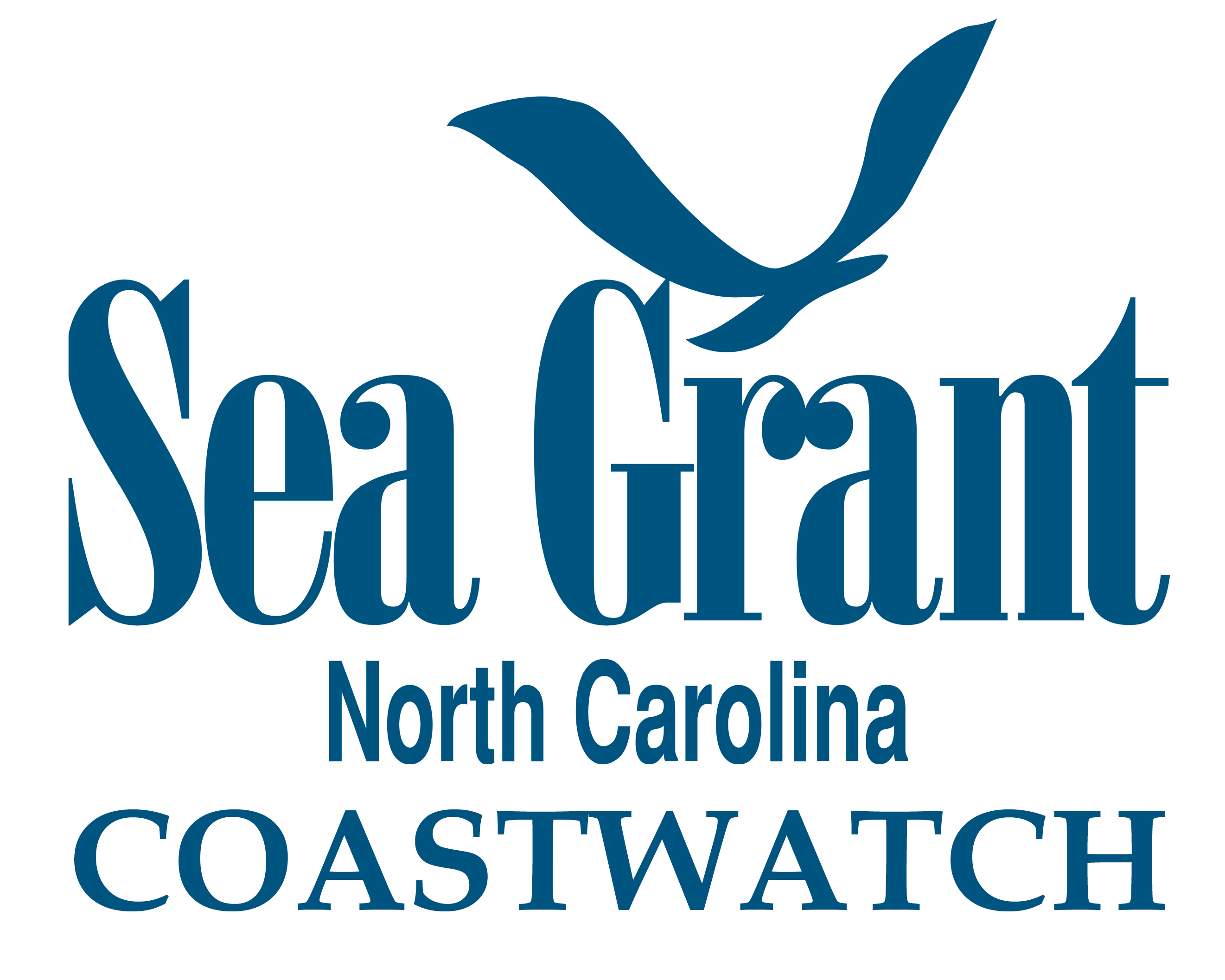By SUSAN WHITE
Having grown up in Orange County, I really did not expect to be able to utter those words from Raleigh, given my coastal research background. It is with pleasure that I have begun a new adventure here with North Carolina Sea Grant. With many wonderful opportunities to engage with a range of partners from across the state, inland to coastal, I often now feel closer to the coast than when I was living in Charleston, S.C.
Getting to know Sea Grant leaders and staff in Raleigh and along the coast, becoming more familiar with our current partners, and beginning to look toward new opportunities to continue to provide programmatic relevance and excellence to address our state’s needs have been eye-opening, educational experiences for me. My respect for the commitment of Michael Voiland and Steve Rebach, previous executive director and associate director, respectively, has been solidified from learning of the expansive range of excellent programming these two spearheaded. Both these leaders transitioned to their well-earned retirement at the end of 2012 and I commend their contributions to this program.
In becoming more familiar with the current range of Sea Grant-supported research and extension projects, I have found this diversity to be both a strategic decision and a sound investment for the state. The long-term excellence of the program is a result of the forward-looking planning and anticipation of coastal informational needs, the program’s capacity to provide rapid support for research and extension needs, and the long-term community partnerships that enable the application of results for positive impact.
Currently, we are fine-tuning the latest strategic plan, which lists our anticipated future focus areas. In January, Sea Grant participated in a University of North Carolina systemwide coastal and marine science review that was conducted by the American Association for the Advancement of Science. I will tell you more about both of these activities in a future issue of Coastwatch.
As Sea Grant continues to evolve to address long- and short-term coastal resource management issues, I anticipate that the program will maintain programmatic flexibility to address priority coastal concerns and look to expand activities that provide additional information on the linkages between the health of coastal ecosystems, humans and economies.
I came on board at North Carolina State University with a dual hat: directorship of Sea Grant and the Water Resources Research Institute of the University of North Carolina.
Both programs are interinstitutional and designed to serve the entire state. While they both support research and extension needs, one focuses from the ocean to the inland riverine and estuarine reaches of the coast, and the other from the coastal plain and piedmont up to the mountains. I feel strongly that these two separate program resources bring great opportunity for research collaboration to address the pressing issues facing North Carolina in coastal and water resource management. Our freshwater and saltwater resource issues are more closely related than is often realized. I look forward to sharing these joint research and extension successes in the coming years as we continue to understand the watershed connections, from the mountains to the sea, that impact the health of our coastal resources.
I hope to continue our conversation together. I encourage you to reach out to me at snwhite3@ncsu.edu or 919/513-1145 so that we can work together to address the coastal resource issues facing North Carolina, both now and into the future.
This article was published in the Winter 2013 issue of Coastwatch.
For contact information and reprint requests, visit ncseagrant.ncsu.edu/coastwatch/contact/.
